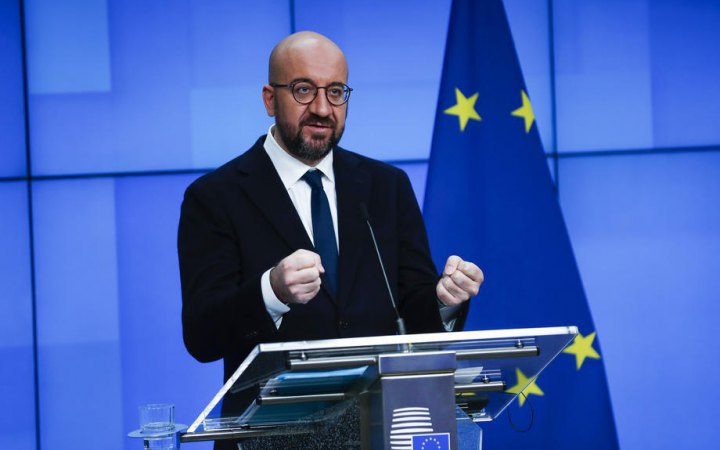The European Union has agreed on anti-russian sanctions, which will be included in the sixth package of restrictions.
The President of the European Council, Charles Michel, wrote this on Twitter.
#Unity
— Charles Michel (@eucopresident) May 30, 2022
Agreement to ban export of Russian oil to the EU.
This immediately covers more than 2/3 of oil imports from Russia, cutting a huge source of financing for its war machine.
Maximum pressure on Russia to end the war.
#EUCO
In particular, it was decided to ban more than two-thirds of oil imports from russia, cutting off "a huge source of funding for its military machine." European governments have agreed to put maximum pressure on russia to end the war.
Other restrictions include:
- disconnection of the largest russian bank "Sberbank" from the international interbank payment system SWIFT,
- blocking the broadcast of three russian state media in the EU,
- expanding the list of russians subject to sanctions responsible for war crimes in Ukraine.
The President of the European Commission, Ursula von der Leyen, said the sanctions would reduce about 90% of russia's oil imports to the EU by the end of the year.
"In Versailles, we agreed to give up our dependence on russian gas, oil, and coal as soon as possible," she said.
This includes four steps:
- Energy saving
- Diversification from russian fossil fuels
- Massive investments in renewable energy
- Financing
The sanctions are to be officially approved by all 27 EU countries. After that the European Council will implement them.
Update: reuters.com. informed that two-thirds of russian oil imported by the EU is being delivered by sea and one-third - through the “Druzhba” pipeline.
The initial embargo plan included the complete refusal of import of the russian oil delivered through the pipeline. EU countries have been trying to agree on an embargo since 4 May 2022.
The embargo will cover 90% of all imports from russia when Poland and Germany, which are connected to the pipeline, stop buying oil by the end of the year.
"The other 10% will be temporarily released from the embargo so that landlocked Hungary, the main opponent of the agreement, Slovakia, and the Czech Republic that are connected to the southern part of the pipeline along, have access that is not easy to replace." - says the message.








